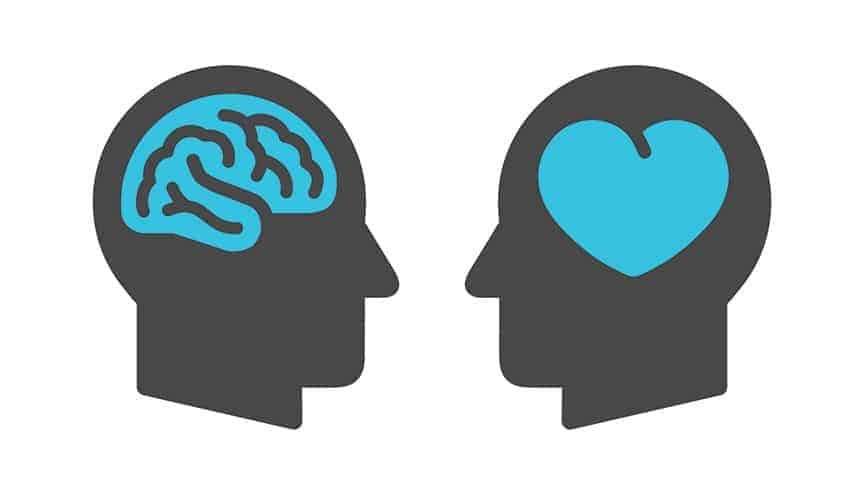
When it comes to coaching teams, the distinction between soft skills and hard skills becomes critical for the success and efficiency of teams. I wanted to explore the nature of both skill sets, their importance, and the reasons why development in each area is critical for anyone involved in Scrum, whether they are Scrum Masters, Product Owners, or Developers.
Soft Skills in Scrum
Soft skills, often termed as people or interpersonal skills, include a broad set of competencies such as communication, emotional intelligence, conflict resolution, leadership, and team-building abilities. In Scrum, these skills are essential due to the following reasons:
- Collaboration: Scrum relies on close collaboration between team members, as well as with stakeholders and customers. Effective communication and empathy enable Scrum team members to work together seamlessly and understand each other's perspectives.
- Conflict Resolution: Disagreements are natural in team settings. Soft skills enable individuals to navigate conflicts constructively, ensuring that issues are resolved without damaging relationships.
- Adaptability and Flexibility: Scrum teams must be adaptable to changing project requirements and market conditions. Soft skills like open-mindedness and adaptability are critical to embrace change and pivot accordingly.
- Servant Leadership: The Scrum Master role is founded on the concept of servant leadership, which requires a suite of soft skills including active listening, empathy, and the ability to empower and encourage team members.
Developing soft skills helps us to foster a healthy team environment, promote effective communication, and underpin the iterative nature of agile processes with a focus on continuous improvement. We want people to have psychological safety to speed up transparency and problem resolution. Soft skills are our way of creating an environment where even the most diverse of skills and experiences can work together for the greater collective goal.
Hard Skills in Scrum
Hard skills refer to the technical competencies and knowledge needed to perform specific tasks. In Scrum, these skills might include:
- Agile Planning and Estimation: Understanding the need for teams to embrace the self-organizing aspects of planning sprints, estimating tasks, and tracking progress using tools like burn-down charts and release plans.
- Product and Backlog Management: Techniques to manage the product backlog effectively, including prioritization and refinement of backlog items.
- Scrum Artifacts and Events: Proficiency in the use of Scrum artifacts (Product Backlog, Sprint Backlog, Increment) and the facilitation of Scrum events (Sprint Planning, Daily Scrum, Sprint Review, and Sprint Retrospective). One of the key benefits of Scrum is the dashboard that we will be providing our business people so they can make better decisions. We must work with them to identify their needs and help build that into our development processes.
While hard skills are often associated with specific roles within the Scrum Team, a cross-functional team benefits from a shared understanding of these skills to promote self-organization and collective accountability for the project’s success.
Balancing Soft and Hard Skills
In Scrum, the balance between soft and hard skills is crucial. A Scrum Master or a team member who excels in technical knowledge but lacks soft skills may find it challenging to foster teamwork or motivate and coach the team. Conversely, an individual with strong interpersonal abilities but weak in agile techniques may struggle to facilitate the process effectively.
Developing Both Skill Sets
Developing both soft and hard skills is important in Scrum for the following reasons:
- Enhanced Team Dynamics: A team that cultivates both sets of skills is better equipped to face complex challenges, communicate effectively, and deliver high-quality products.
- Career Advancement: Individuals who demonstrate a blend of technical know-how and exceptional interpersonal abilities are more likely to advance into leadership roles within an organization.
- Agility and Responsiveness: Scrum’s emphasis on adaptability is supported by a team’s ability to apply technical skills flexibly and communicate changes promptly and effectively.
In the job hunting process, hard skills may get your foot in the door, soft skills are what allow us to walk through it and succeed in a Scrum. The development of both sets of skills is not mutually exclusive; in fact, they complement each other. For Scrum practitioners, continuous improvement in both areas is not just beneficial but essential for personal growth, team performance, and the successful delivery of projects. As such, any Scrum professional should seek to develop a harmonious blend of soft and hard skills to navigate the complexities of agile projects and lead their teams to success. Always remember that the world is changing at a rapid pace. What you learn today may not be applicable in the near future, so always seek to learn and grow your skills. The best invent you can make is in yourself.